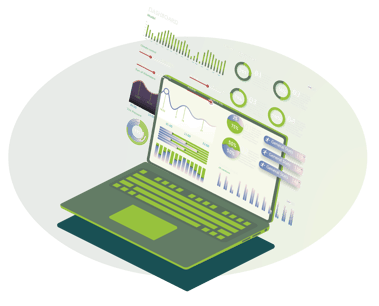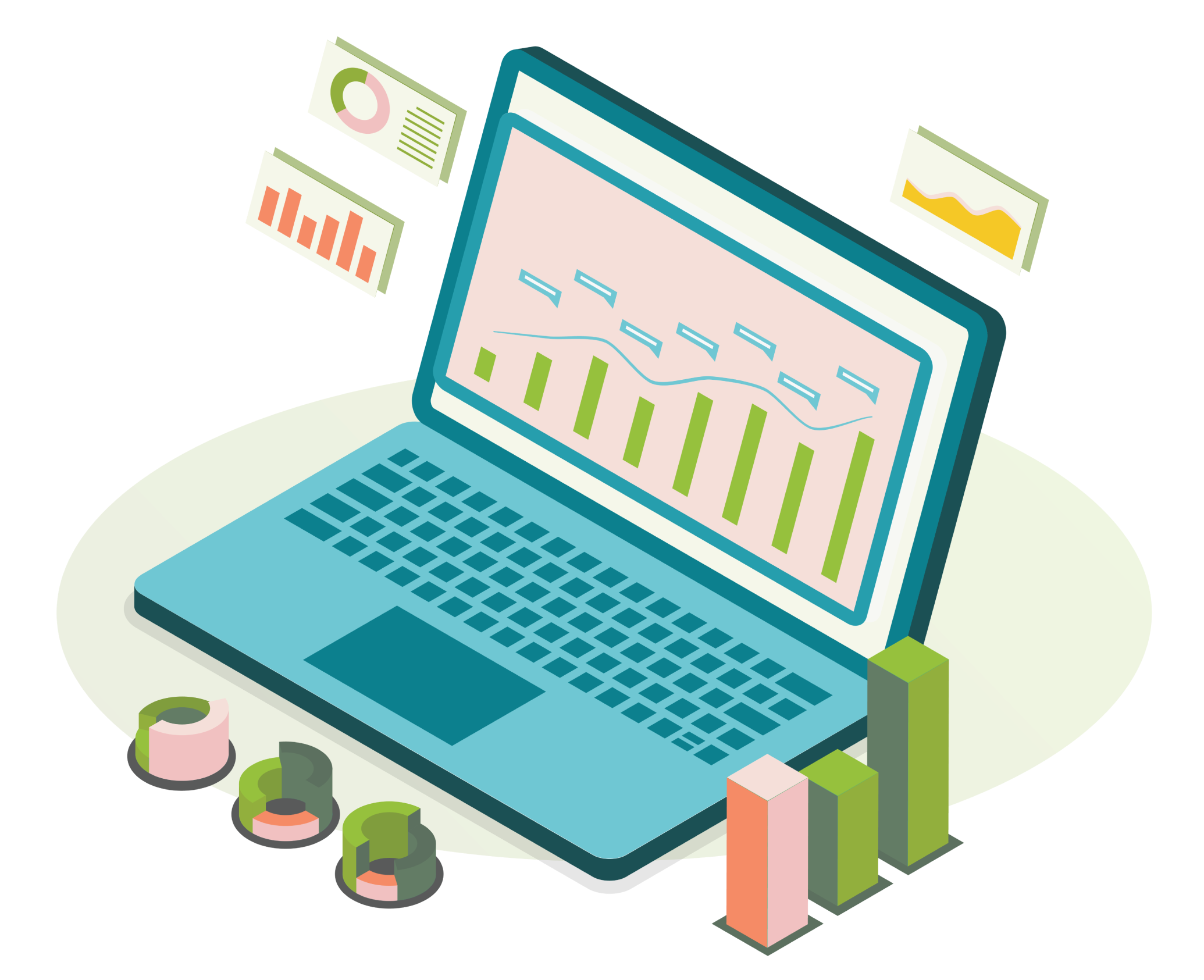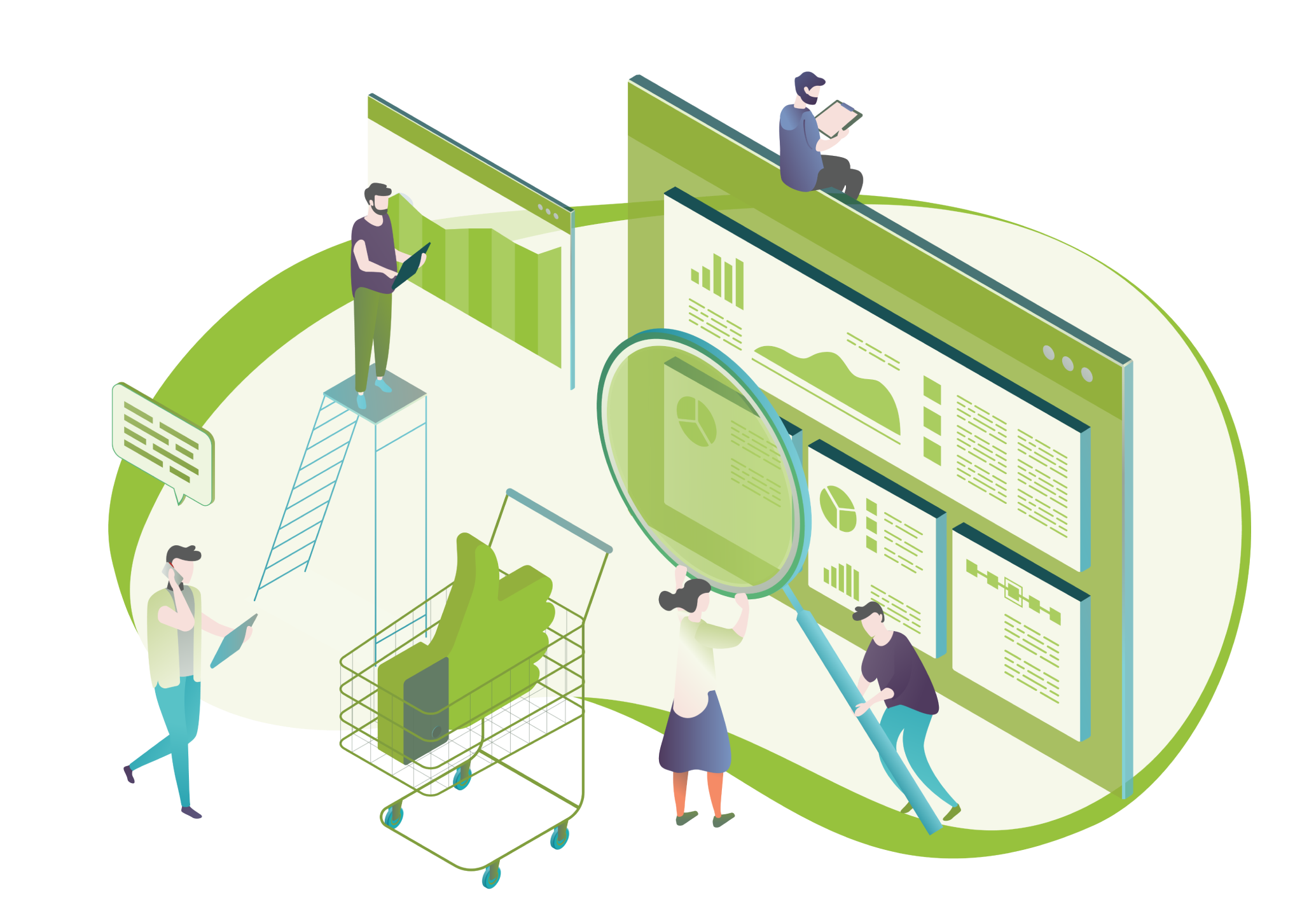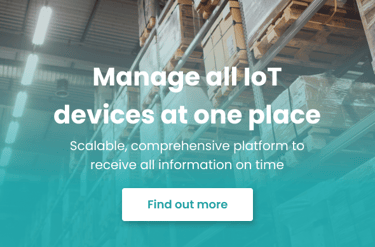What does IoT have for retail businesses?

- IOT
- INTERNET OF THINGS
- IOT SOLUTION
- IOT DEVICES
The global Internet of Things retail market size is set to be worth $94 billion by 2025 as more and more retail businesses improve their customer experience with smart devices. With connected devices, businesses have access to more detailed information about their customers, enabling themselves to gain a competitive advantage in the commerce market. 
Every size of organization can benefit from IoT developments, even small-sized organizations. When we mention IoT in retail, most people might associate these smart developments with inventory and logistics management, but in reality, it is so much more.
Automating supply chain processes are one of the most common IoT development tasks in retail. Tracking and monitoring IoT technologies help warehouse and fleet managers to keep track of their inventory. Internet of Things provides real-time location tracking and storage condition monitoring for warehouse employees to receive all the necessary data on time. Smart sensors are continuously sending useful information for operators to protect the quality they ensure for their customers.
IoT is set to revolutionize resource management that enables organizations to create more transparent communication between all parties in the process. With IoT developments, managers can detect possible delays on time and communicate them in-house or with the customers. Informing the buyers on time increases their shopping experience with the retail business by receiving personalized service.
Expectations of customer service have increased significantly in the retail sector due to the COVID-19 pandemic, but it does not mean if it’s a bad thing at all. The pandemic changed the way customers visit our stores, how they put items into the basket and how they purchase. IoT smart devices help retail businesses to collect more valuable data from their consumers than ever before.
Internet of Things provides a great tool to improve communication with customers by providing data for customer purchasing habits. Convenience, personalization, and instant availability of technology have become a key consumer demand and IoT developments ensure the most cost-efficient solutions for customers. IoT for retail opens a new way of commerce marketing by providing personalized offers and loyalty programs for the right audience. Many shopping centers have created their application, mainly for one purpose: to track and collect customers’ GPS data. By monitoring consumers’ position and movement inside the mall, facility owners can create personalized marketing campaigns with higher ROI rates.
Internet of Things is the key for modern retail purposes and must be a fundamental part of business strategies as it opens new ways for warehouse managers, marketers, and consumers. Store managers can increase the quality of their service, the efficiency of their vendor communication, the optimization of operational costs, and the personalization of customer interaction. New shoppers are more likely to engage with retail businesses who adapt new technologies.
Share this post on social media:
Posts by Tag
- IoT (17)
- Smart cities (16)
- E-mobility (14)
- Energy Management (10)
- Mobility (9)
- Software development (9)
- Marketing automation (6)
- RPA (6)
- Robotic Process Automation (6)
- electric vehicles (6)
- Internet of Things (5)
- IoT solution (5)
- Marketing software (5)
- Smart Building (5)
- Business Intelligence (4)
- Custom applications (4)
- IoT platform (4)
- Uipath (4)
- electric charging (4)
- IoT devices (3)
- Properties (3)
- AI (2)
- BI (2)
- Montu (2)
- Multi-device functionality (2)
- Omnichannel (2)
- RPA Budapest (2)
- Smart city (2)
- UX design (2)
- app development (2)
- artificial intelligence (2)
- crm (2)
- crm software (2)
- electric charging station (2)
- machine learning (2)
- marketing campaign (2)
- optima (2)
- API Testing (1)
- Agriculture (1)
- Automated Testing (1)
- BYOD (1)
- EV (1)
- Energy Communities (1)
- Event insights (1)
- Event report (1)
- Green IoT (1)
- HR (1)
- IT Outsourcing (1)
- ML (1)
- Power BI (1)
- Resource Management (1)
- Smart Home (1)
- Smart Office (1)
- TaaS (1)
- UX/UI Design (1)
- Xamarin (1)
- cloud (1)
- cloud computing (1)
- cross-selling (1)
- data driven marketing (1)
- digital twin (1)
- dynamic customer segmentation (1)
- esg (1)
- inbound marketing (1)
- industry 4.0 (1)
- onprem (1)
- onpremise (1)
- scalability (1)
- software robot (1)
- testing as a service (1)
- upselling (1)
Recent Posts
Read On

- MARKETING AUTOMATION
- MARKETING SOFTWARE
- CRM SOFTWARE
- CRM
How can CRM softwares reduce your operational expenses?
Businesses constantly need to improve customer experience to maintain their competitive advantage on the market. Customers are getting smarter by receiving more valuable information, therefore if we want to retain them, ingenious strategies are needed to be implemented. Besides customer, or client...

- BUSINESS INTELLIGENCE
- BI
The value of business intelligence for every organization
The rapid growth of new technologies and innovations make the global market even more competitive, and to remain visible, businesses must use ingenious tactics. Companies must develop methods to understand and take ownership of Big Data to stay relevant in a given market segment. Business...

- OMNICHANNEL
- MARKETING AUTOMATION
- MARKETING SOFTWARE
- CRM SOFTWARE
- CRM
Top 5 CRM and Marketing automation trends in 2022
Today, on the 11th of January, we celebrate the International Day of Marketing. It is a perfect opportunity to highlight the importance of CRM and marketing software which is crucial in a company's life for saving time and money. Marketing is a rapidly changing business division; thanks to the rise...




